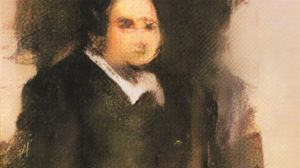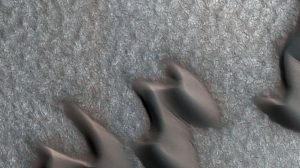
Arts


The Masks of Prague

Robert Marks: Why “Edmond de Belamy” Is Bunk
![Photo: A leafy sea dragon, by Sylke Rohrlach from Sydney [CC BY-SA 2.0], via Wikimedia Commons.](https://scienceandculture.com/wp-content/uploads/2019/05/1280px-Leafy_Sea_Dragon-Phycodurus_eques_23694746864-300x168.jpg)
Robert Marks on Evolution and Creativity

On Being Human — A Reflection

The Chin Enigma

Beauty as Evidence for Intelligent Design

Beauty Leads Us Home

David Gelernter: “You Need To Know Who You Are To Begin With”






































